
New Credit Card Rules Effective from July 1, 2022
08 Aug 2022
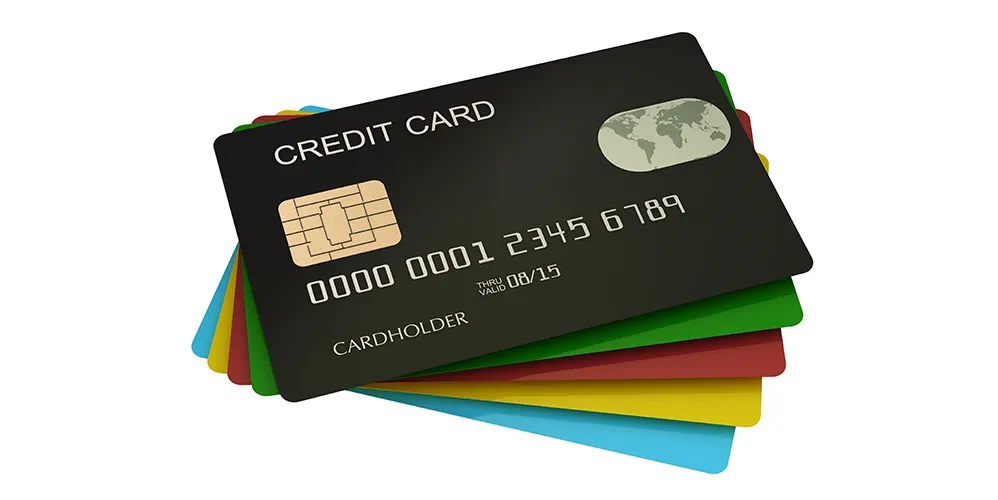
Table of Content
On 21st April 2022, the Reserve Bank of India (RBI) released a notification named ‘Master Direction – Credit Card and Debit Card – Issuance and Conduct Directions, 2022. The notification includes new rules and regulations pertaining to the issuance of unsolicited facilities, credit card closures, new credit card issuance, etc. The new rules apply to all Scheduled Banks (except Payment Banks, State Co-operative Banks and District Central Co-operative Banks) and all Non-Banking Financial Companies (NBFCs) in India. If you are a credit cardholder or plan to apply for a new credit card, here are the new credit cards rules effective from 1st July 2022.
New Credit Card Billing Rules
Per the RBI notification, the new guidelines for credit card billing are as follows:
• No delay in dispatching the credit card statement
The card issuing company must send the credit card bills and statements via mail or email on time. There should be no delay. The card issuer must provide adequate time to cardholders to make the payment before the card issuer charges interest. RBI states that cardholders must get at least one fortnight to pay the credit card bill. To make sure the cardholder receives the bill on time, the card issuing company can send the credit card statements through the internet banking or mobile banking, provided the cardholder gives their explicit consent.
• Addressing wrong bills within 30 days
The card issuer should not raise wrong bills. If a cardholder raises queries for any transaction, the card issuer must address the queries and provide documentary evidence within 30 days of the date of the query raised.
• Modification of the billing cycle per cardholder’s preference
There is no standard billing cycle for the credit cards issued. Therefore, in line with the new guidelines for credit card, card issuers must provide cardholders with the option to change their billing cycle according to the cardholder’s convenience.
• Zero charges for disputed transactions
If the cardholder has disputed a transaction as ‘fraud’, the card issuer must not levy any charges on such transactions until they are resolved.
• Reversed transactions to be adjusted against payment due
The new credit card rules state that if the card issuer has yet to credit any refund or failed transaction amounts, and the cardholder has not made the credit card bill payment, the card issuer should adjust the pending credit amount against the payment due. The same must be notified to the cardholder.
Key Highlights
- The Reserve Bank of India (RBI) issued a new master circulation with new credit card billing rules.
- Card issuers must send an error-free credit card bill to cardholders without delay.
- Cardholders must get adequate time to pay the credit card bill.
- Card issuers must not charge customers for fraudulent transactions.
- Cardholders must consent if the card issuer wants to increase the card limit.
Frequently Asked Questions
What are credit card issuers?
Card issuers are financial institutions that are authorized by the Reserve Bank of India (RBI) to issue credit cards. They can be banks or non-banking financial institutions (NBFCs), Among other things, credit card issuers set credit limits and interest rates and offer several card benefits. Based on card usage, the card issuer can increase your credit limit and offer loans as well.
There seems to be a fraudulent transaction on my credit card bill. What should I do?
If you find a suspicious transaction, contact your card issuer immediately. Wait until the grievance is resolved to make the card payment. The card issuer cannot charge you for fraudulent transactions.
What are the Different Types of Credit Cards?
Card issuers can issue the following credit card types:
- Consumer Credit Cards: These are the most popular credit cards. They are issued to individual customers after assessing their income and capacity to repay the outstanding. Cardholders can carry forward the outstanding (called as revolving) by paying at least a minimum amount and applicable interest charges.
- Charge Cards: In this type, the cardholder must pay the bill amount in full before the due date. Rolling over the outstanding to the next billing cycle is not permitted.
- Business Credit Cards: Business credit cards are issued to organisations or individuals for business use.
- Corporate Credit Cards: Corporate Cards are issued to employees identified by a corporate/entity.
- Add-on Credit Cards: These are supplementary credit cards issued to the family of primary credit card holder. The credit limit is shared with the primary card and the responsibility to repay is also of the primary card holder.
What are the Types of Credit Card Charges?
Following are the common credit card charges you may see on your credit card bill:
- Interest: This is charged on accounts where the full payment is not made by the due date and outstanding balance is carried forward.
- Overdue penalty: Defaulting on your credit card bill payment can lead to late payment charges. These charges are not the same as interest rates.
- ATM withdrawal: You can withdraw cash using your credit card. However, you pay cash advance charges as well as interest from the date of cash withdrawal.
- Annual fee: The credit card may carry joining and annual fees.
Get Your Bank of Baroda Credit Card
Bank of Baroda offers a host of credit cards you can choose from. You can enjoy exclusive offers and rewards with your credit card transactions. Click here to get started. Call our toll-free number 1800 5700 or contact your relationship manager to know about credit card offers.
Popular Articles
Guide to Getting Agriculture Loan: Application, Eligibility & Required Documents
Tag Clouds
Related Articles
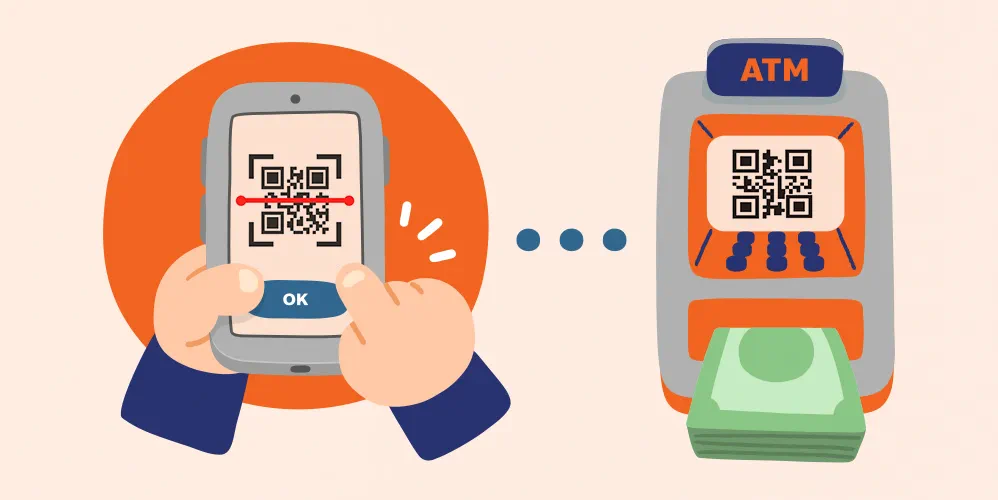

Increased Interest Rates for Senior Citizen Savings Schemes, KVP, NSC & Post Office Time Deposits
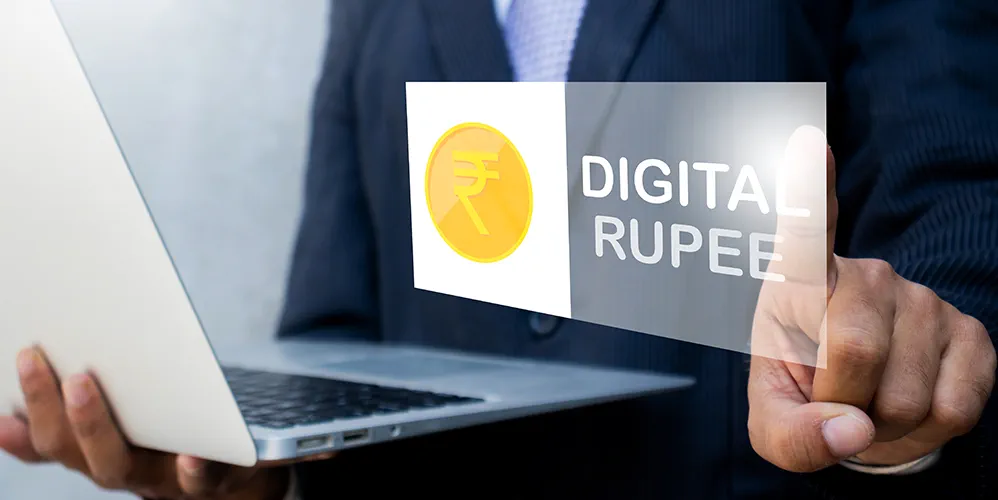



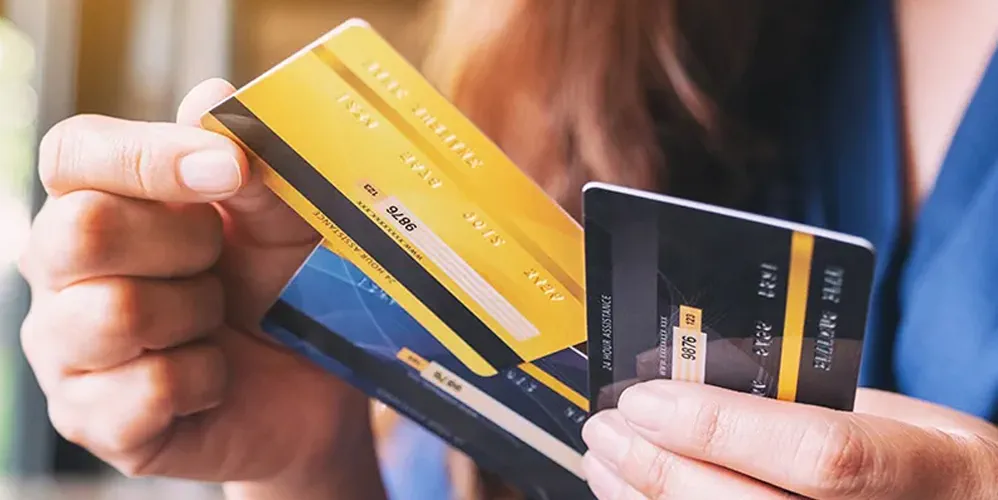
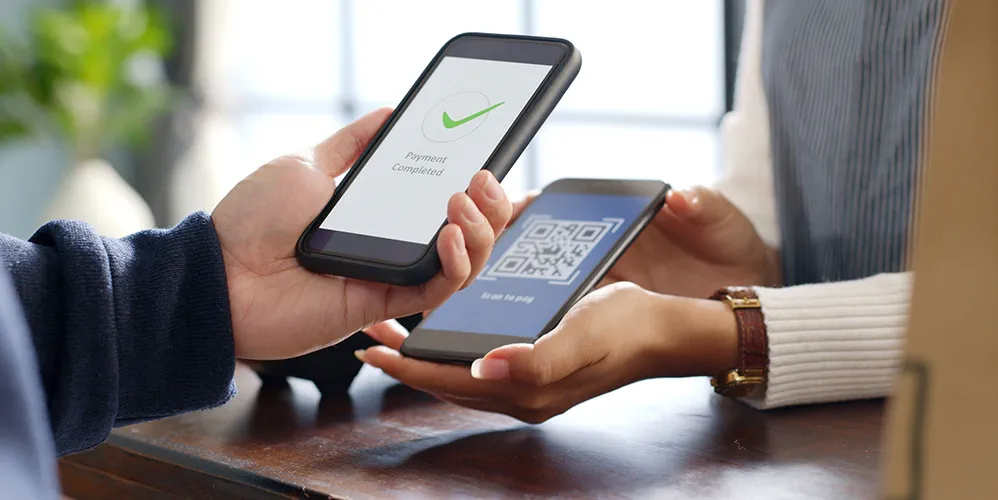


-
Disclaimer
The contents of this article/infographic/picture/video are meant solely for information purposes and do not necessarily reflect the views of Bank of Baroda. The contents are generic in nature and for informational purposes only. It is not a substitute for specific advice in your own circumstances. Bank of Baroda and/ or its Affiliates and its subsidiaries make no representation as to the accuracy; completeness or reliability of any information contained herein or otherwise provided and hereby disclaim any liability with regard to the same. The information is subject to updation, completion, revision, verification and amendment and the same may change materially. The information is not intended for distribution or use by any person in any jurisdiction where such distribution or use would be contrary to law or regulation or would subject Bank of Baroda or its affiliates to any licensing or registration requirements. Bank of Baroda shall not be responsible for any direct/indirect loss or liability incurred by the reader for taking any financial decisions based on the contents and information mentioned. Please consult your financial advisor before making any financial decision.
New Guidelines on Digital Lending Issued by RBI
Owing to the rampant malpractice in the digital lending space, the Reserve Bank of India mandated digital loans to be credited directly to the borrower's bank account. A third-party inclusion will not be acceptable. Along with this norm, the RBI regulations suggest, that the charges to the Lending Service Providers (LPS) should be paid by the digital lending entities and not the borrowers.
Tokenisation: Will It Make Your Online Card Transactions Secure?
Thanks to digitalisation, the number of online transactions is higher than ever. You can use a host of payment methods to make online payments - credit card and debit card payments being one of them. The cards allow you to make quick payments at stores as well as online. At the time of online checkout, all you need to do is enter your debit or credit card details and verify the transaction through OTPs. Some mobile shopping apps also let you save your card details. However, this will not be possible after 30th September 2022. The Reserve Bank of India (RBI) has rolled out multiple notices about tokenisation. It is a security measure aimed toward maximising prevention against online payment fraud. Read on to know more about tokenisation of card transactions and find out whether it can make your online card transactions safer.

